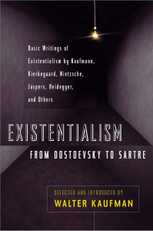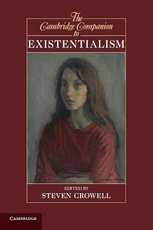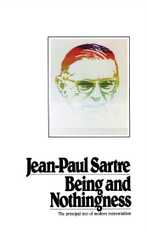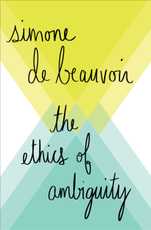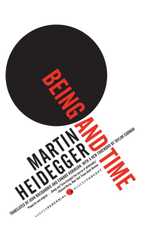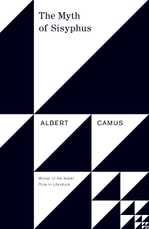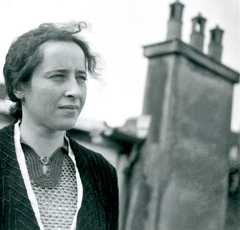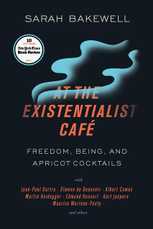

Existentialism The Best 9 Books to Read
What is existence? What does it mean to exist as a human being? Having been ‘thrown’ into a universe apparently devoid of objective meaning, how can we live our lives authentically, when we didn’t even ask to exist in the first place? Do our existences matter? What should we do if they don’t?
These are, broadly, the questions that thinkers tagged with the term ‘existentialist’ — be they philosophers, authors, or artists — have set out to answer over the last 200 years or so of existentialist thought.
Before diving into existentialism’s best books, if you’re interested in quickly learning more about existentialism generally, check out my brief introduction to existentialist philosophy, in which I outline its three core principles, as well as my explainer of the slogan Sartre dubbed the first principle of existentialism, existence precedes essence, my outline of Heidegger on authenticity, my overview of Sartre’s famous discussion of the waiter and bad faith, my overview of 5 existential problems we all share, and my discussion of Simone de Beauvoir on authentic love.
In one concise email each Sunday, I break down a famous idea from philosophy. You get the distillation straight to your inbox:
💭 One short philosophical email each Sunday. Unsubscribe any time.
Otherwise, this reading list puts together the top eight books of and about the philosophical movement of existentialism. It contains a mix of primary and secondary literature — from introductions and anthologies to the original texts of the deeply influential existentialist figureheads themselves. Let’s jump in!
1. At the Existentialist Café, by Sarah Bakewell
Published in 2016, Sarah Bakewell’s At the Existentialist Café is a fantastic place to start for anyone with a budding interest in existentialism.
With brilliant narrative storytelling, Bakewell outlines the intersecting lives and philosophies of key existentialist figures — from Sartre, Beauvoir and Merleau-Ponty, to Husserl, Heidegger, and Camus.
As well as lucidly introducing their thinking, Bakewell contextualizes it to the troubled times in which most core existentialist thinkers lived (i.e. immediately before, during, and after the Second World War), granting deep insight into why different strands of existentialism emerged the way they did.
The 464 pages of At the Existentialist Café fly by and are a joy to read, making this book a very nice entry point to existentialism.
2. Existentialism from Dostoevsky to Sartre, by Walter Kaufmann
Walter Kaufmann was a 20th-century philosopher, poet, and renowned translator of Friedrich Nietzsche (see our reading list on Nietzsche’s best books here).
In his 1956 Existentialism from Dostoevsky to Sartre, Kaufmann assembles extracts from key existentialist influencers and thinkers including Dostoevsky (see Dostoevsky’s best books here), Kierkegaard (see Kierkegaard’s best books here), Nietzsche, Rilke, Kafka, Ortega, Jaspers, Heidegger, Sartre, Beauvoir (see Beauvoir’s best books here), and Camus (see Camus’s best books here).
Beyond the fantastic selected works, what makes this collection so invaluable is Kaufmann's excellent introductory essays that contextualize each extract. A classic anthology, this book belongs on the bookshelf of anyone interested in existentialism.
3. The Cambridge Companion to Existentialism, by Steven Crowell
If you’re seeking to complement Kaufmann's existentialist anthology with some hardcore critical analysis, look no further than philosophy professor Steven Crowell’s The Cambridge Companion to Existentialism, published in 2012.
In this volume of original essays, Crowell brings together a team of distinguished commentators to discuss the ideas of Kierkegaard, Nietzsche, Heidegger, Sartre, Merleau-Ponty and Beauvoir, showing how their focus on existence provides a compelling perspective on contemporary issues in moral psychology, philosophy of mind, language, and history.
At 428 pages, The Cambridge Companion to Existentialism is for those looking to take their understanding of existentialism to the next level.
4. How to Live a Good Life (According to 7 of the World’s Wisest Philosophies), by Philosophy Break
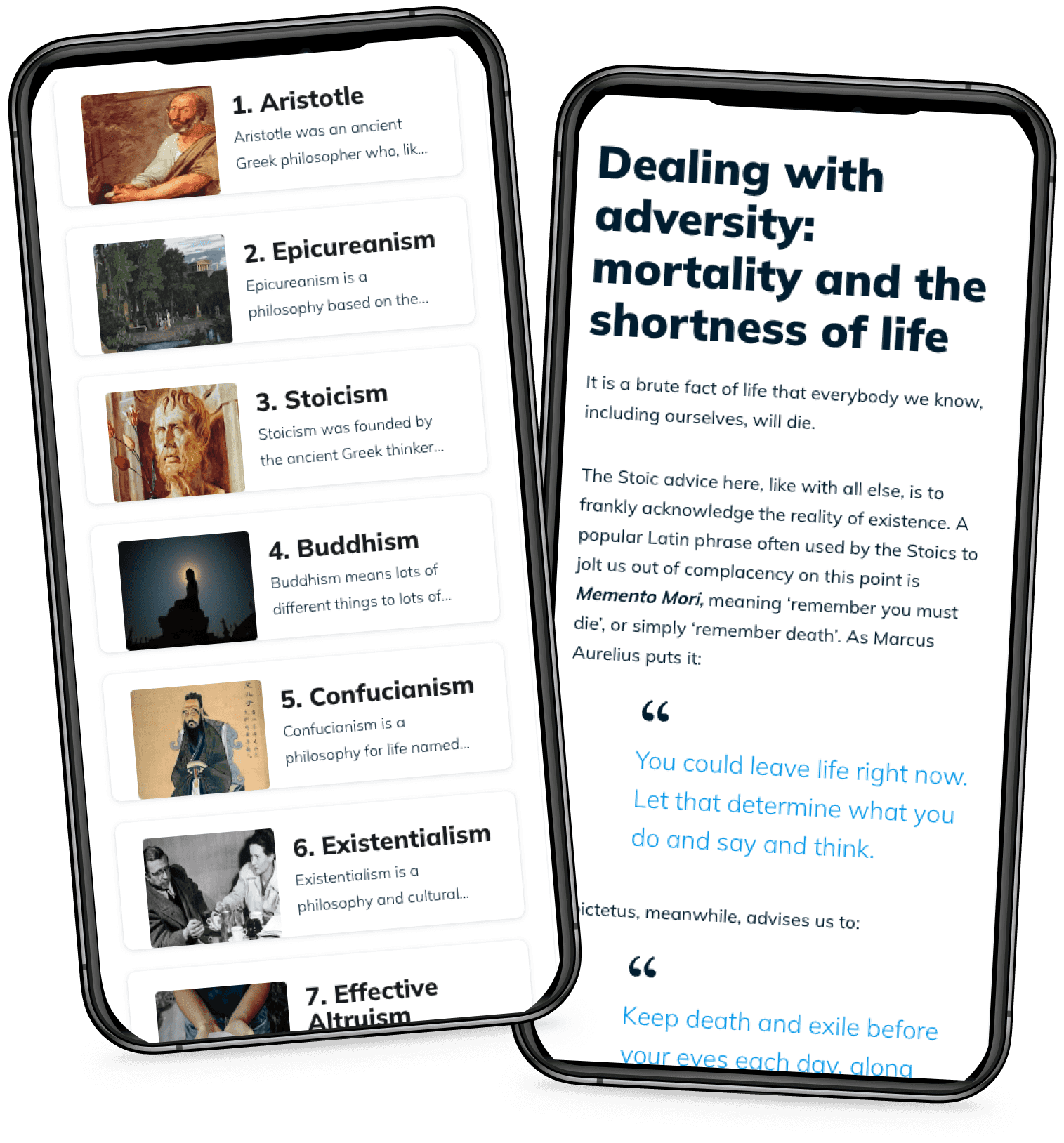
How to Live a Good Life (According to 7 of the World’s Wisest Philosophies)
BY PHILOSOPHY BREAK
★★★★★ (50+ reviews)
Get Instant AccessIf you’re interested in learning not just about Existentialism, but comparing its insights to six rival philosophies for life, look no further than the 2023 How to Live a Good Life (According to 7 of the World’s Wisest Philosophies). This concise online guide is instantly accessible from any device and distills the best and most important wisdom from Existentialism, Stoicism, Buddhism, and more.
Of course, we’re a little biased, as we produced this one — but if you’re seeking to understand some of life’s most influential ethical frameworks, examine the pros and cons of each, and discover how they might apply to your own life, then this is the guide for you. How to Live a Good Life (According to 7 of the World’s Wisest Philosophies) gets rave reviews, is better value than buying introductory books for all philosophies covered, and might be just what you’re looking for!
5. Either/Or, by Søren Kierkegaard
Turning from introductions and anthologies to primary existentialist texts, where better to start than with the philosopher often regarded as the precursor to the movement as a whole?
In his 1843 epic Either/Or (which also features in our reading list of Kierkegaard’s best books), the Danish philosopher Søren Kierkegaard discusses the search for a meaningful existence using the voice of two distinct characters.
A fascinating work on duality, the book’s first section is written from the perspective of an aesthetic and rather callous young man named simply A; the second from the reasonable, ethical Judge Vilhelm.
Kierkegaard invites us to explore subjects like boredom, romance, meaning, and culture from these two seemingly irreconcilable perspectives. In doing so, he writes some utterly heart-wrenching, deeply witty, and memorable prose.
For anyone interested in the origins of existentialist thinking, Either/Or is a fantastic place to start.
6. Being and Nothingness, by Jean-Paul Sartre
Arguably the cornerstone of existentialist thinking, French philosopher Jean-Paul Sartre’s epic 1943 Being and Nothingness — coming in at over 800 pages — is a dense, vivid, and challenging depiction of human existence, and the most explicit expression of existentialist philosophy on this list.
If you’re seeking a less daunting introduction to Sartre’s ideas, a lecture he gave in 1945, published as the short text Existentialism Is a Humanism, is brilliantly accessible and articulate, and is the work that propelled Sartre into international stardom.
Sartre’s 1938 philosophical novel Nausea, too, wonderfully communicates key existential themes of alienation, anxiety, and authenticity.
7. The Ethics of Ambiguity, by Simone de Beauvoir
In her classic 1947 introduction to existentialist thinking, The Ethics of Ambiguity, French philosopher Simone de Beauvoir critiques the positions of Sartre and Merleau-Ponty, and sets out to provide a new ethics for existentialism.
In clear, accessible, insightful prose, Beauvoir provides novel arguments for and developments of existentialism, and adds detail and weight to her position that authentic individual freedom requires respect for the freedom of others (a position Sartre would come to accept and incorporate into his own philosophy).
An ideal starting point for anyone interested in existentialism, The Ethics of Ambiguity is a concise yet thorough examination of existence and what it means to be human, and also features on my list of Beauvoir’s best books
8. Being and Time, by Martin Heidegger
Throughout the history of philosophy, argues the German philosopher Martin Heidegger, we’ve all massively missed something: we’ve never really contemplated what it means to exist, to be.
The philosophical branch of metaphysics has skimmed over this question, focusing instead on things like substance and the categories of our experience; but behind these things, says Heidegger, lies existence itself. What do we mean when we say something exists?
With his landmark 1927 Being and Time, Heidegger seeks to redress the balance by focusing like a laser, for hundreds of pages, on what it means to Be. What is the nature of our existence, as we experience it? Only by paying proper attention to this question, argues Heidegger, can we hope to get anywhere.
Not for the faint hearted, this startling book has had a staggering influence on philosophy, art, literature, and existentialism since its publication — and deeply rewards those who tackle it.
9. The Myth of Sisyphus, by Albert Camus
Though the French thinker Albert Camus rejected the label ‘existentialist’, his writings are widely considered core to the existentialist tradition. His particular brand of existentialism, dubbed ‘absurdism’, explores how even in the face of the outrageous absurdity of the human condition, we can salvage meaning and happiness.
In his hugely influential 1942 philosophical essay, The Myth of Sisyphus, Camus argues that the ultimate question human beings face is not whether there is a God or if certain actions are good or evil, but if life is even worth living. With lyrical eloquence, Camus recommends a path out of despair, affirming the value of personal existence, and the possibility of a life lived with dignity and authenticity.
One of the seminal works of the 20th century, anyone interested in existentialism or indeed the meaning of life will not regret reading The Myth of Sisyphus.
Further reading
Are there any other books you think should be on this list? Let us know via email or drop us a message on Twitter or Instagram.
In the meantime, why not explore more of our reading lists on the best philosophy books:

View All Reading Lists
Essential Philosophy Books by Subject
About the Author

Get one mind-opening philosophical idea distilled to your inbox every Sunday (free)

From the Buddha to Nietzsche: join 14,000+ subscribers enjoying a nugget of profundity from the great philosophers every Sunday:
★★★★★ (50+ reviews for Philosophy Break). Unsubscribe any time.

Latest Breaks
Each philosophy break takes only a few minutes to read, and is crafted to expand your mind and spark your curiosity.
